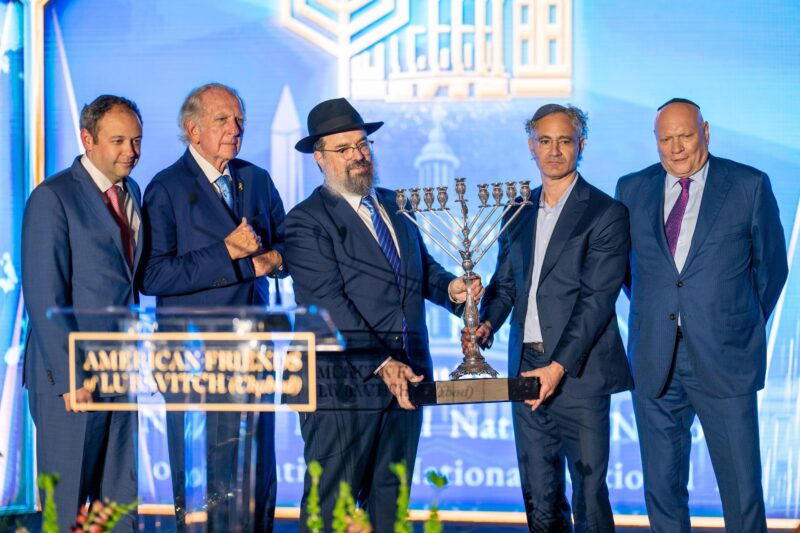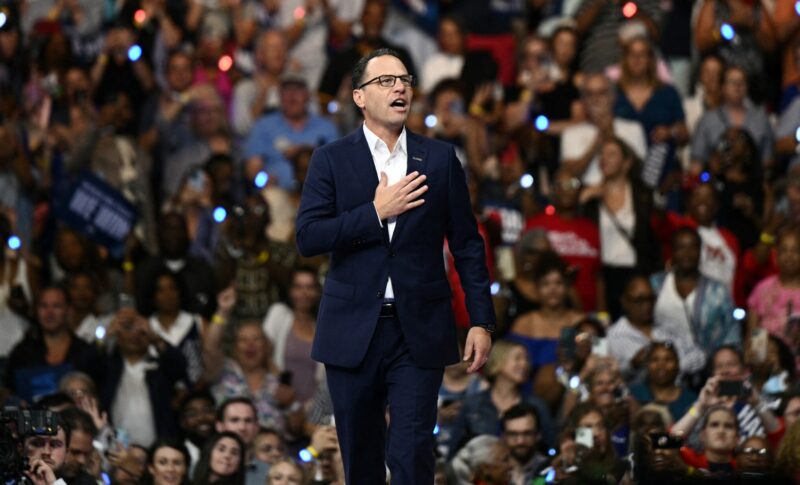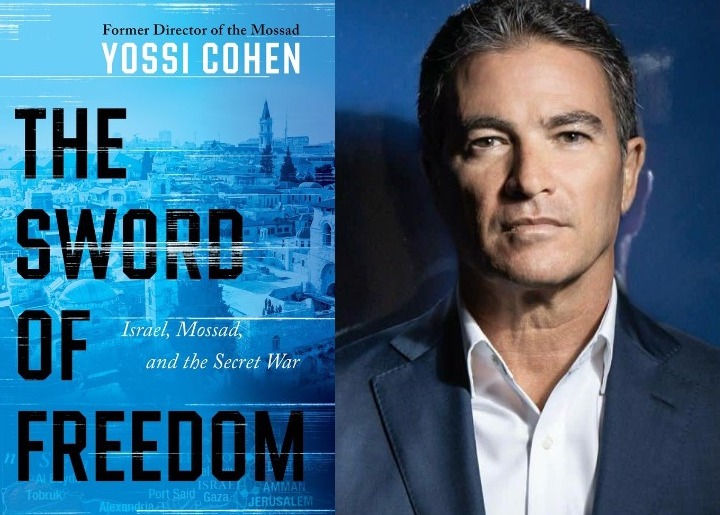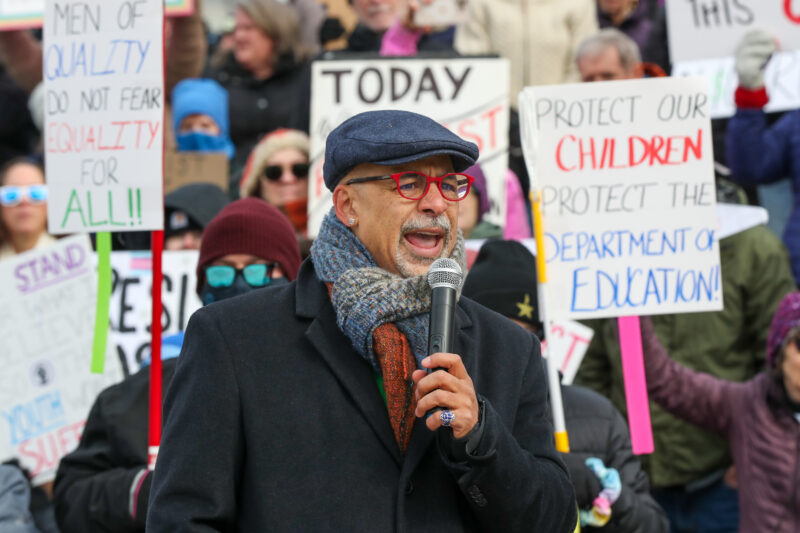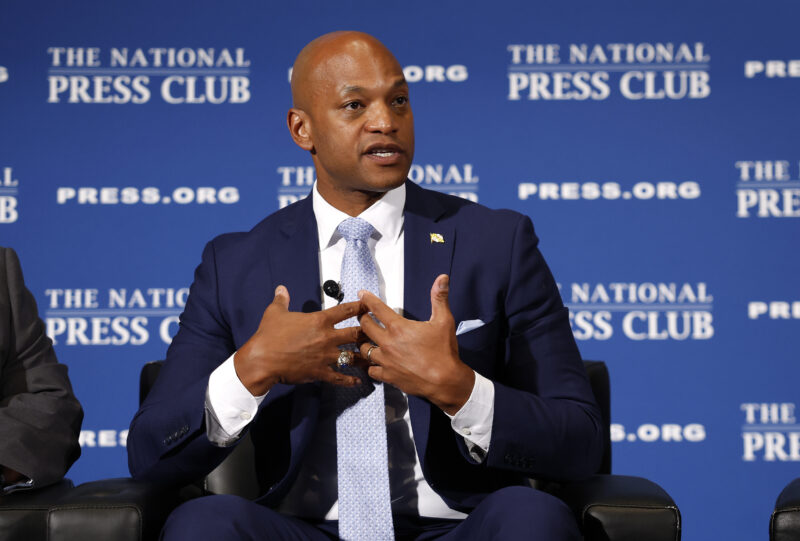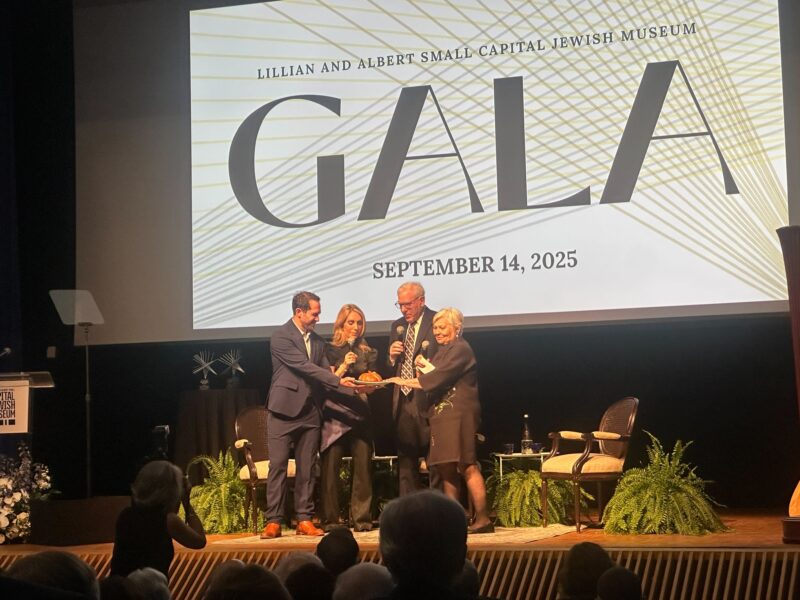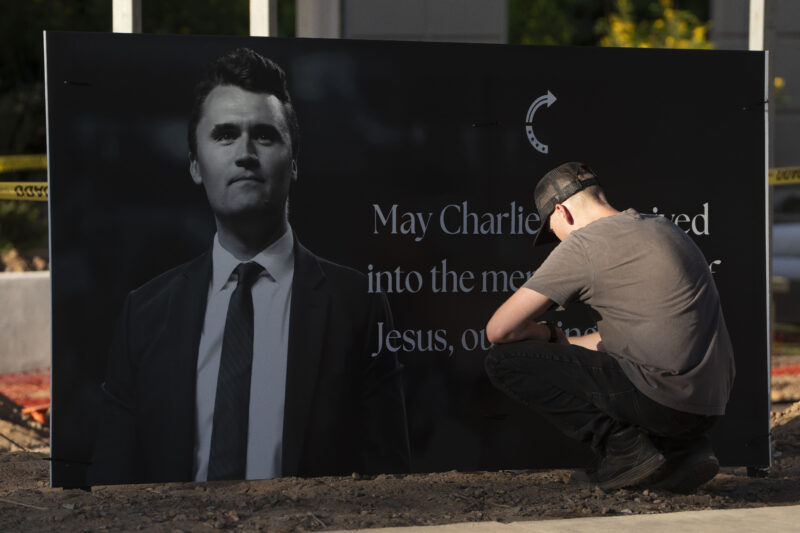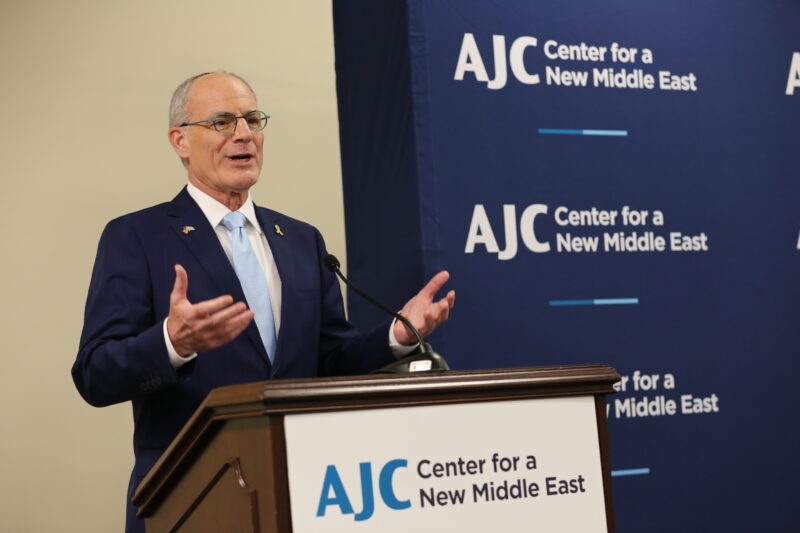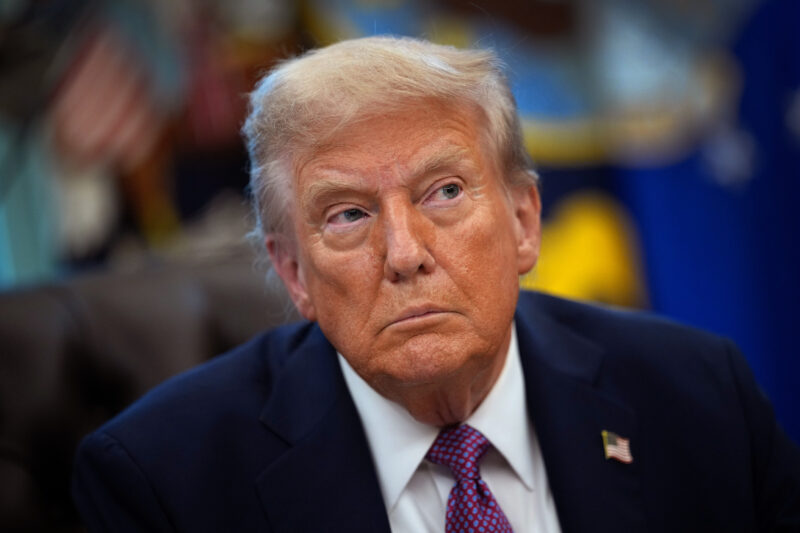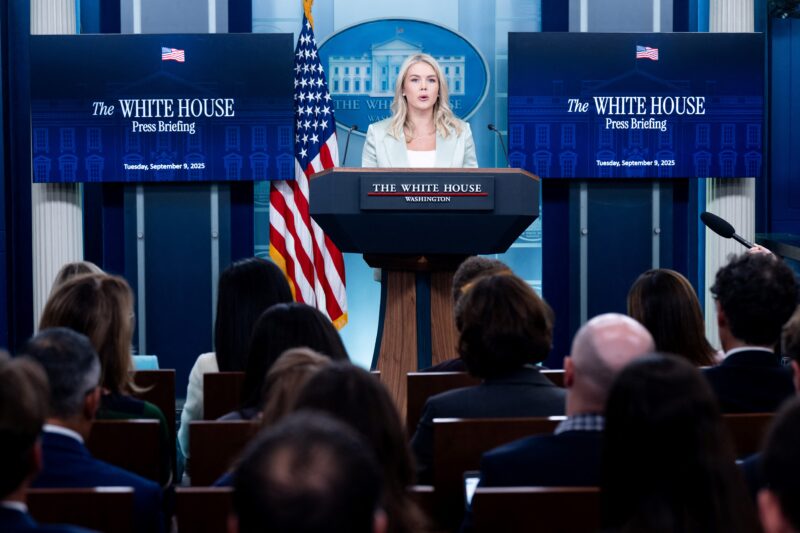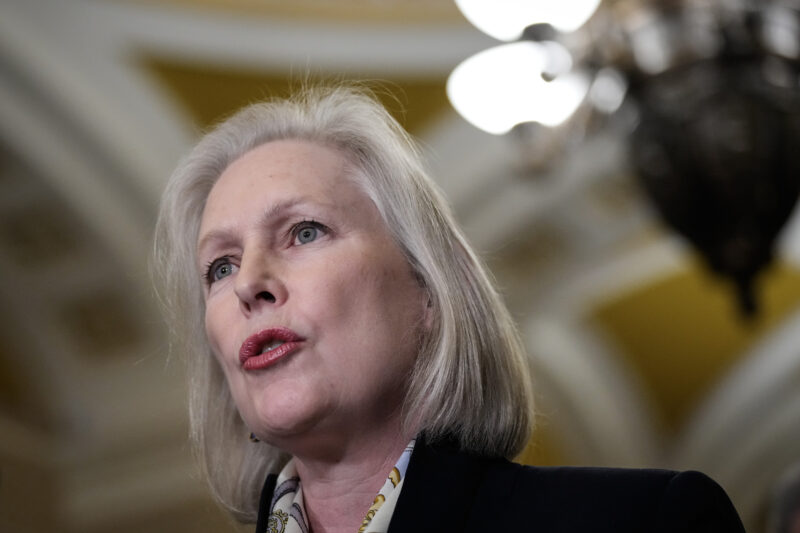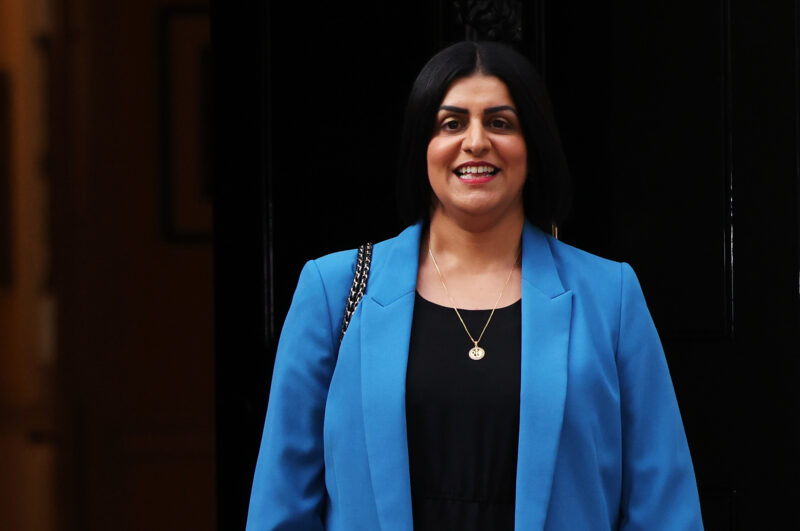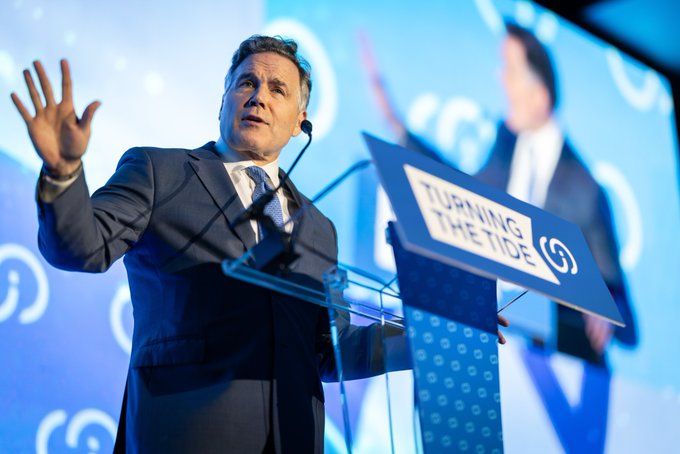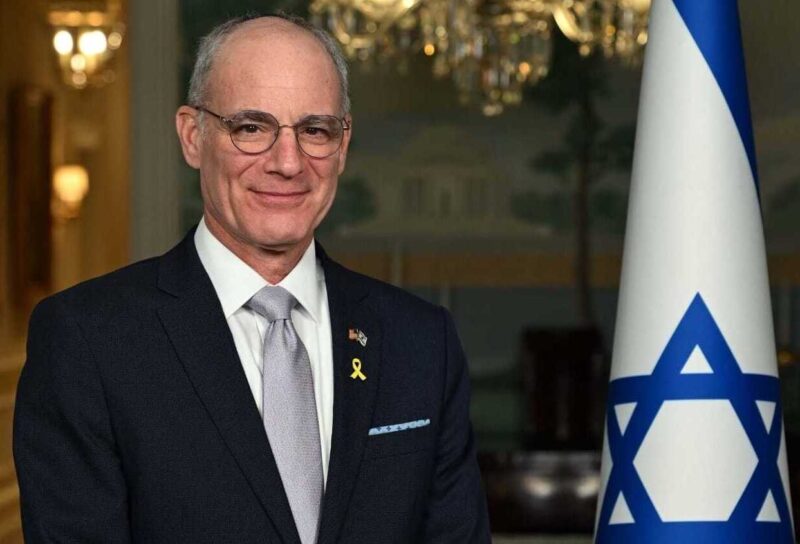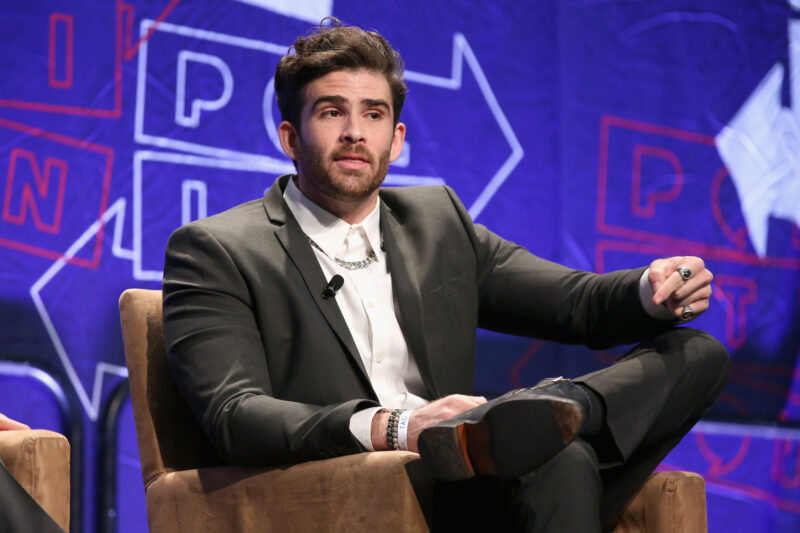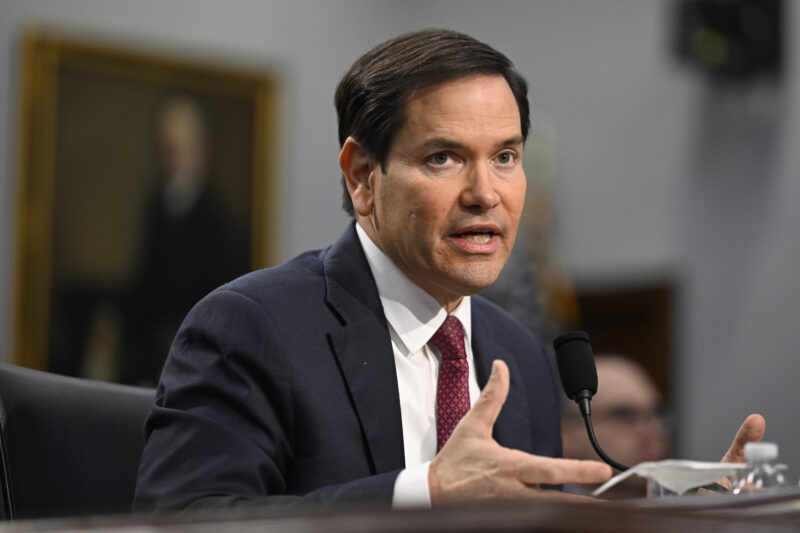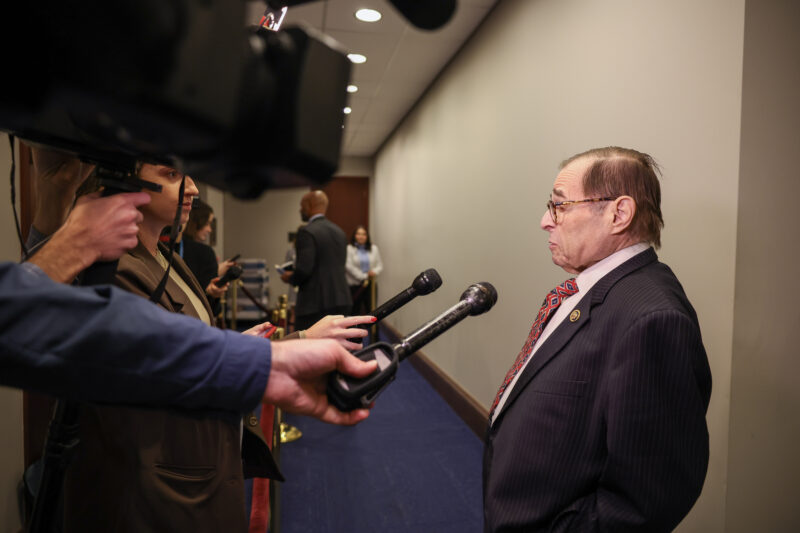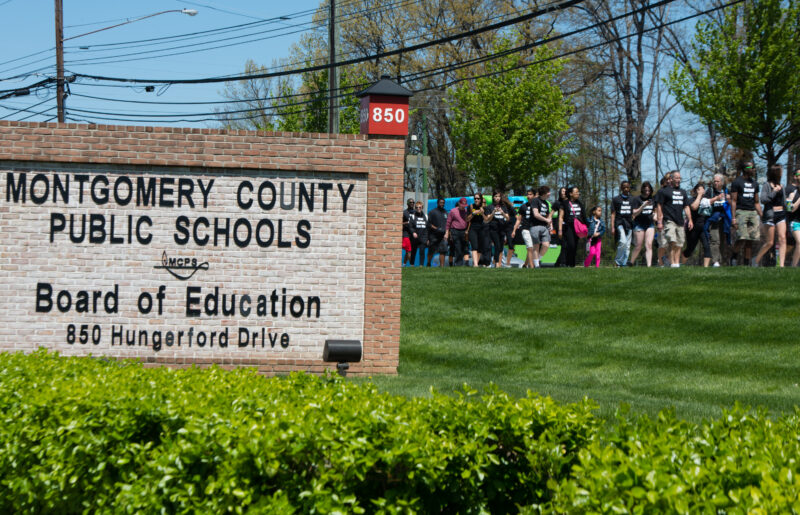Education Secretary McMahon says administration not looking for prolonged legal battle with Harvard
McMahon said Harvard has already started to make changes requested by the federal government ‘and that is the ultimate goal of our investigation’
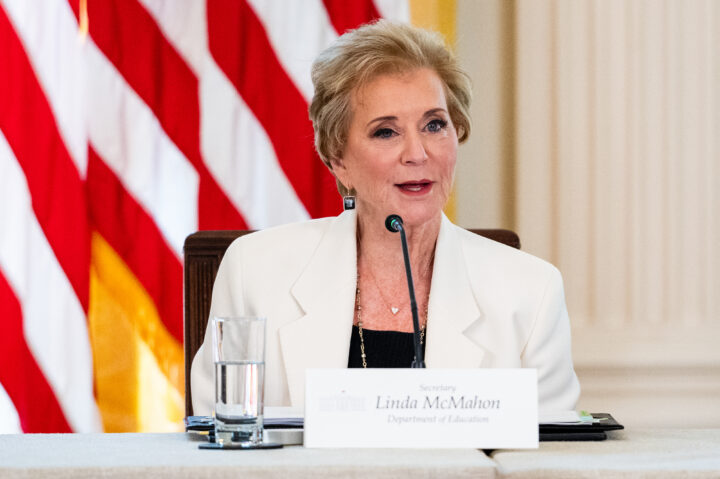
Eric Lee/Bloomberg via Getty Images
Secretary of Education Linda McMahon speaks during a meeting of the White House Task Force on AI Education in the East Room of the White House on Thursday, Sept. 4, 2025.
Education Secretary Linda McMahon said on Wednesday that the Trump administration’s goal is not to engage in a prolonged legal battle with Harvard University and expressed hope that the federal government would be able to reach a settlement that delivers meaningful reforms to the elite campus.
McMahon made the comments while appearing at the Federalist Society and the Defense of Freedom Institute’s annual Education Law & Policy Conference on Wednesday morning, after being asked during a moderated conversation with Washington Examiner news editor Marisa Schultz where negotiations between Harvard and the administration stand.
“I’m certainly hopeful on the settlement. I have spoken to Alan Garber, their very good president, at the very beginning of this. I haven’t spoken to him since, but I do think that with the idea that Harvard has already started to take certain measures to change what they were doing, I certainly hope that there will be an agreement,” McMahon said. “It’s not our goal to have to go to court to make people abide by the law, to make universities abide by the law.”
Getting specific, the education secretary explained that, “Harvard has already started to put in place some of the things we wanted them to do. They reassessed their Middle East policies. They actually fired a couple of their professors. They are looking at having safe measures on campus, and so without even admitting any guilt in any way, they have started to change their policies, and that is the ultimate goal of our investigation, of making sure that things are proper on campus.”
Asked by Schultz about the ongoing negotiations with the University of California, Los Angeles and other schools, and how the settlements fit into the Trump administration’s “big picture mission for elite universities and colleges in America,” McMahon said that their “goal is really not to be punitive necessarily, but to have universities, I think, return to what we all believe that universities started out to be.”
“It’s not to be punitive. That’s really not the goal. The goal is to make them change their policies and practices, and if they are not in compliance with the law, then surely we’re going to insist they are, or they won’t receive federal funding,” she said.
The education secretary said she believed it was in the best interest of all parties to reach settlements rather than risk upending the more than $2 billion in research grants that Harvard receives from the federal government. “The federal funding for Harvard, not only for students who attend, for their tuition, but also the amazing amount of research funding — they get over $2 billion, almost $3 billion — is very significant to those scientists and professors who were there, who have grants and who are working on their own projects,” McMahon said.
“They can take that grant money and go somewhere else, if it’s a grant directly to them, so I think it’s in Harvard’s interest to continue to negotiate. I think it’s in all of our interests for Harvard and for all of the other universities that we are sending letters to, that we are investigating, and there are others. Hopefully there will be these settlements with all of them, because basically, we just want them to do right,” she explained.
McMahon made a similar remark about the importance of protecting research grants while discussing the administration’s settlement with Columbia University reached over the summer, which followed a protracted legal battle.
“We eventually reached an agreement with Columbia,” McMahon said. “They will pay a fine back to the United States government. Their funding will be released again, and it’s primarily research funding. I believe our universities do some of the most incredible research in the country. We want them to be able to do that, but they have to abide by the law. They have to abide by Title VI, they have to abide by Title IX. They have to be worthy to receive the funds that they are receiving from the United States government.”
The comments mark the first time McMahon has publicly shared her thoughts on what outcome she would like to see from the federal government’s negotiations with Harvard University amid an ongoing dispute between different factions within the Trump administration over the effectiveness of the ongoing negotiations and settlements with universities.
While some officials are focused on any deal that would secure strong reforms to address antisemitism and other civil rights issues, others are looking for securing large payouts to appease President Donald Trump.
“There’s growing dissatisfaction with the White House letting universities buy their way out of accountability with no meaningful change. It’s clear they’ve been totally out-negotiated,” one source familiar with the negotiations told JI earlier this month of the situation.
Trump said late last month that he expected Harvard to pay at least $500 million to restore its more than $2 billion in federal funding. “We want nothing less than $500 million from Harvard. Don’t negotiate, Linda. They’ve been very bad. Don’t negotiate,” Trump said while addressing McMahon at a Cabinet meeting. (McMahon acknowledged Trump’s remarks in the moment but did not respond further.)
Pressed on Wednesday about Trump’s comments and the fact that a federal judge in Boston blocked the administration’s freeze on Harvard’s research grants earlier this month, McMahon noted that they plan to appeal the ruling and said the government was in a strong position in its fight against the university.
“We’re still in the throes of negotiating with Harvard. They filed a lawsuit, they won the first round, and one of the things they were claiming was that the steps that we were asking of them would violate First Amendment rights, and that’s just not true. I think that we have a really good case against Harvard,” McMahon said.




